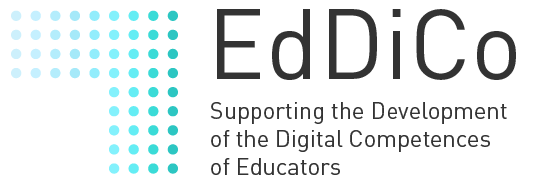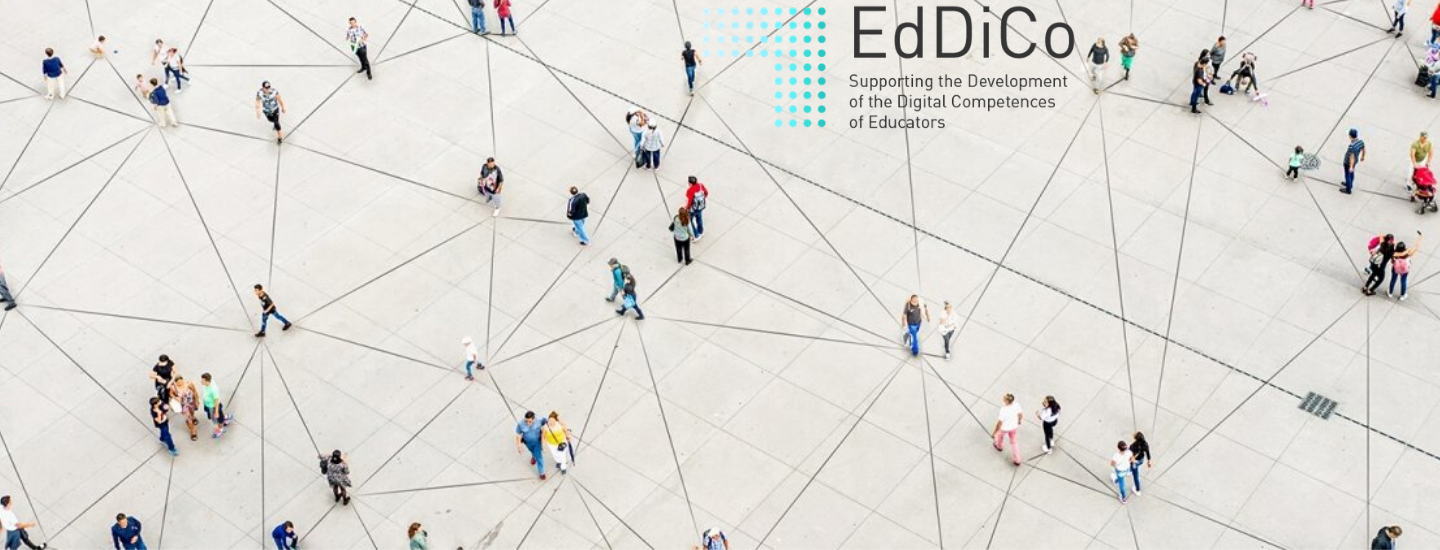EdDiCo
Supporting the Development and Certification of Digital Skills and Competence in Educators
November 2018
- September 2021


Educators will be ready to face the challenges of 21st-century education with the help of a toolset designed to self-assess their digital competence and skills; they will also have access to the largest European directory of learning opportunities and educational resources, and use this material to expand their digital competence in this area.
The initiative
With the advent of each new technology come predictions of fundamental changes in education. Yet few of these changes have been realised. Digital learning may indeed be the technology that breaks that pattern, but this will only come to pass if educators are empowered to take advantage of the technologies and methodologies available to them.
The aim of EdDiCo is to give individual educators the means to:
(a) Identify the potential technology holds that can transform and improve the education they offer
(b) Identify the digital skills they would need to benefit from these technologies and associated methodologies
(c) Find the educational resources necessary to acquire these skills.
The role of the Foundation
Fondazione Politecnico di Milano is lead partner for the project’s initial output, a “Competence Metamodel for digital education competences”, together with a report on “Needs and expectations of higher-education teachers concerning digital skills (before and during the COVID-19 outbreak)”, which also contains interviews with university teachers.
Technical details
Competence frameworks provide a list of the skills needed by digital educators. There are a wide number of different Italian, European and sector-wide such frameworks, but many do not have the level of detail useful for designing bite-sized learning programmes for educators. EdDiCo focuses on extracting a set of useful digital education descriptors from the various competence models. These will be provided at three levels:
– different types or categories of competence
– each described in terms of knowledge, skills, autonomy and responsibility, and
– expressed at different levels of achievement.
The aim of the project is then to identify digital education material of high quality.
This phase involves selecting 500 high-quality bite-sized learning opportunities and open educational resources. Educators can access this material to acquire the appropriate digital skills.
Each opportunity and resource will be verified to ensure that it matches the quality required to be included in the database, using a technique that gives particular weight to (a) the provenance of the resources, and (b) the “packaging” of the resources as on-demand courses, for example, as MOOCs. Critically, each resource will also be tagged by category or type / skill / level of attainment / system developed; this will allow educators to target the specific skills they wish to acquire.
The final EdDiCo phase consists of creating tools whereby educators can find and utilise material relevant to their needs.
This process involves creating self-assessment and recommendation tools, enabling educators to assess their current level of digital competence, as well as creating objectives expressing their desired level of achievement. The tools would then be able to suggest appropriate resources and bite-sized learning opportunities as the means for educators to bridge any gaps in their personal digital skills.
Financial supporters

Partners
Lead Partner: Baden-Wuerttemberg Cooperative State University (Duale Hochschule Baden-Württemberg – DHBW, Germany); Partner: Fondazione Politecnico di Milano (Italy); Vytauto Didziojo Universitetas – VMU (Lithuania); Tampere University – TAU (Finland); Knowledge Innovation Centre – KIC; Stifterverband (Germany); Universidad Internacional de La Rioja (Spain)



